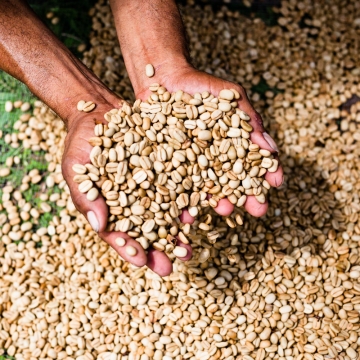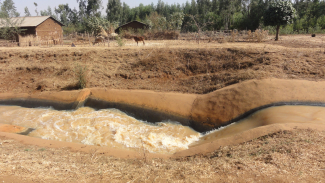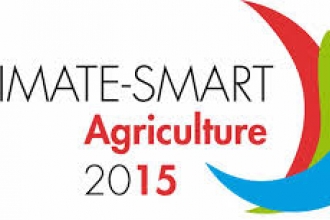
CASCADE Project as part of the National Forum: Climate Smart Territories: an approach to land management and adaptation to climate change.
Project coordinator Barbara Viguera, represented the CASCADE project in the National Forum: Climate Smart Territories: an approach to land management and adaptation to climate change, held May 6 in La…



